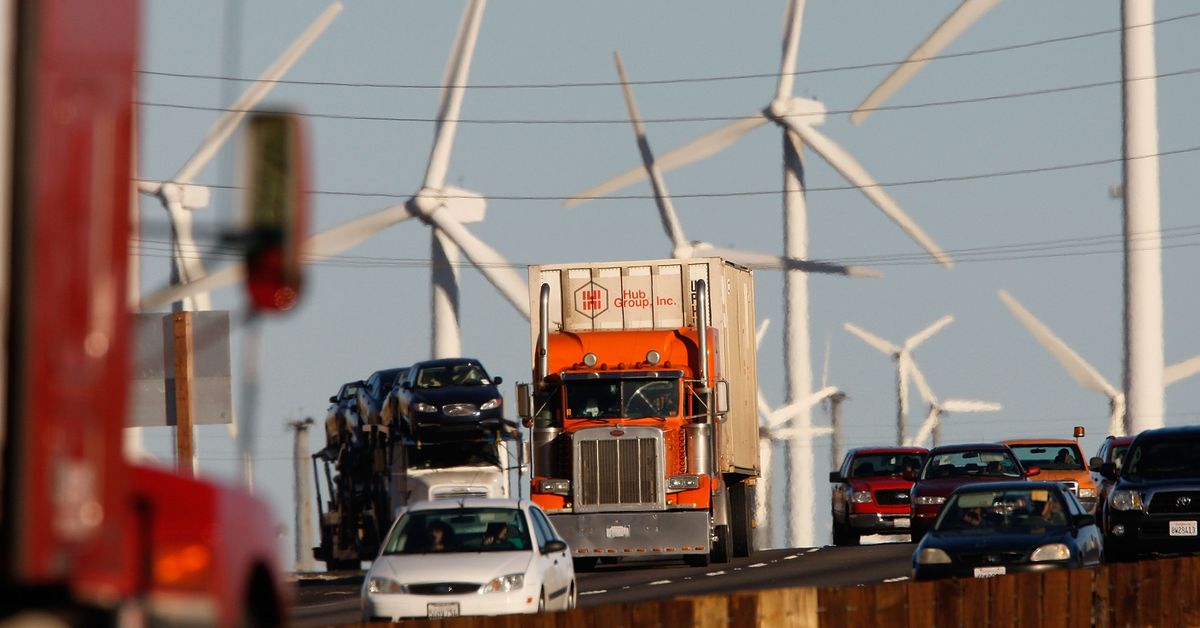
California’s Air Resources Board (CARB) has passed a new rule that says all commercial trucks and vans sold in the state in 2045 must be zero-emission, in a bid to move the industry away from the dirty and harmful diesel engines that currently power most of these vehicles.
It’s the first rule of its kind in the United States, and it follows California’s 2018 decision to mandate that transit agencies purchase all-electric buses starting in 2029, as well as its long-standing Zero Emission Vehicle (ZEV) program for passenger cars and trucks.
There will be progressive milestones along the way, too
Other milestones will need to be hit in the years leading up to that date, too. California regulators are mandating that half of all trucks sold in the state must be zero-emission by 2035. All short-haul drayage vehicles in ports and rail yards must be zero-emission by 2035 as well, and all last-mile delivery trucks and vans must be switched over by 2040. Smaller sales requirements go into effect as early as 2024.
It’s a bold move that should help curb one of the worst-polluting sectors of the transportation industry. Despite only making up 7 percent of vehicles on the road in California, diesel trucks account for 70 percent of the state’s smog-causing pollution and 80 percent of diesel soot emitted, according to CARB.
California’s new rule could have much broader consequences, too, thanks to its role as a standard bearer for clean air regulations. To date, 14 other states have adopted its progressive ZEV program for passenger vehicles, which was launched in the early 1990s and has spurred automakers into developing hybrid and fully electric cars. And last year, in the face of the Trump administration’s rollback of an Obama-era fuel economy standard meant to fight the climate crisis, California developed its own rule that Ford, Volkswagen, BMW, and Honda have signed onto.
With that in mind, California says it’s already in talks with seven states and the District of Columbia, which may adopt the new zero-emission trucking rule, according to The New York Times.
California says it’s already in talks with seven states and Washington, DC to adopt the rule
The new commercial transport rule also represents a step forward in the fight for environmental justice, as the air pollution generated by delivery hubs and ports disproportionately harms California’s Black, Asian, and Latinx communities.
“For decades, while the automobile has grown cleaner and more efficient, the other half of our transportation system has barely moved the needle on clean air,” Mary Nichols, the head of CARB, said in a statement. “Diesel vehicles are the workhorses of the economy, and we need them to be part of the solution to persistent pockets of dirty air in some of our most disadvantaged communities.”
Trucking industry groups pushed back on CARB’s development of the rule. But multiple manufacturers already have zero-emission trucks and vans on the road, and many more are coming. They’re being developed and designed by established companies like Daimler, Tesla, Volvo, and China’s BYD, and from startups like Chanje, Arrival, Nikola, and Rivian (which is building 100,000 electric delivery vans for Amazon).
